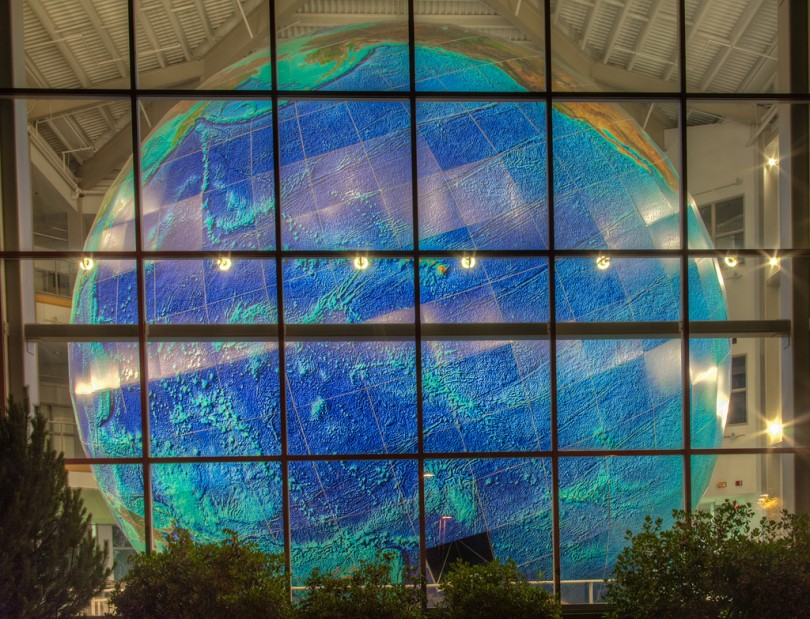aNewDomain — It seemed inevitable and even necessary after the 1950s to encourage globalization. The shrinking of our planet would allow us to know our neighbors, increase productivity, reduce prices and increase wealth across the globe. Few discouraged what seemed inevitable. It was an economic manifest destiny.
But now that we’re on the other side of globalization we see a different story.
Globalized into Disaster
Late last year two Texas nurses contracted Ebola from a West African who carried the disease from Liberia. It’s not xenophobic or even racist to insist that flights out of Liberia should be grounded — flights out of Dallas should be grounded, too.
But for economic reasons, the planes keep flying and people are not being quarantined.
Species that were separated by oceans and millennia are now regularly intermixed overnight. The result is that indigenous species are left defenseless against new predators. For example, barbed goat grass was introduced to California and is now choking out native plant life.
And according to the Fish and Aquatic Conservation, European Zebra Mussels,
(W)ere first discovered in the Great Lakes region in 1988. Zebra mussels have inflicted tremendous damage to native ecosystems and to facilities using water, like power plants and municipal water suppliers. Millions of dollars have been spent by water users, to control and eradicate zebra mussels. And, as zebra mussel populations in an area increase, native mussels decrease; a strong indication that zebra mussels are the cause.”
Economic Manifest Destiny
The economic theory was that as the world matured economically it would benefit the U.S. In this narrative richer countries would be able to buy goods manufactured from the U.S. because there are more of them, and our societal influence would expand through many borders.
But that increased wealth in nations fails when the nation itself fails, which has happened frequently as globalization has spread. Fringe groups such as ISIS inherit the wealth, and the imagined wealthier world is no longer influenced by the U.S. in the same way.
In fact, groups like ISIS use their own wealth and a host of free global resources, such as YouTube, to spread their hate at virtually no cost. It once cost millions of dollars to get a fringe message across the globe. Now the cost is absorbed by Google.
Like species once separated by continents, cultures clash. Large swaths of the Middle East see the West’s permissive society as nothing less than a cultural invasion stealing the hearts and minds of their children. War is the result of cultures defending their heritage and religion.
And today war takes the form of public beheadings on YouTube and recruiting children through Facebook. Can you imagine how difficult this would have been in 1950?
 As the cultures of earth swell in globalized rebellion, the earth chokes on tons of carbon deposited in the atmosphere from unnecessary air travel every day and night. It’s unnecessary because over there looks just like over here.
As the cultures of earth swell in globalized rebellion, the earth chokes on tons of carbon deposited in the atmosphere from unnecessary air travel every day and night. It’s unnecessary because over there looks just like over here.
A homogenization of cultures littered with Starbucks, McDonalds, Walmarts and the endless parade of similar cultural practice. What’s the point in going over there when they have a Burger King, just like you do?
We can’t go back, of course. The proverbial genie is out. What sort of society do we see for the next 50 years, assuming we’re all around?
For aNewDomain, I’m Dino Londis.
Featured image: DeLorme Globe by Paul VanDerWerf via Flickr
Body image: Glyfada, Athens, Greece by Tilemahos Efthimiadis via Flickr













